
Oregano Oil: What Science Says About Its Antimicrobial Properties

You’ve probably sprinkled dried oregano on your pizza, pasta, or roasted vegetables — but did you know the same humble herb is also behind one of the most talked-about natural remedies on the planet?
Enter oregano oil — a highly concentrated extract hailed by some as a natural antibiotic, antiviral, antifungal, and even parasite killer.
It sounds almost too good to be true — and in some ways, it is.
While oregano oil does contain powerful plant compounds with real biological effects, many of the bold claims circulating online are based on test-tube experiments, not human medicine.
So what’s the truth?
Let’s explore what science really says about oregano oil — how it works, when it helps, and when it’s best to leave the bottle on the shelf.
Because real wellness isn’t about rejecting modern medicine — it’s about understanding where natural therapies fit in safely.
🔬 What Is Oregano Oil, Exactly?
Oregano oil is derived from the leaves and flowers of the wild oregano plant (Origanum vulgare), native to the Mediterranean region.
The essential oil is extracted through steam distillation, which concentrates its most active ingredients into just a few drops of intensely potent oil.
Unlike the oregano you toss into marinara sauce, medicinal-grade oregano oil is made from specific subspecies — such as Origanum vulgare or Origanum compactum — grown in mineral-rich soils that boost their levels of therapeutic compounds.
Key Active Compounds
✅ Carvacrol – The star compound. Known for its strong antibacterial and antifungal activity in laboratory studies.
✅ Thymol – A natural antiseptic and antifungal compound that supports immune defense.
✅ Rosmarinic Acid – A potent antioxidant that helps reduce inflammation and oxidative stress.
These compounds aren’t unique to oregano — similar ones appear in thyme, clove, rosemary, and cinnamon — but oregano oil’s unusually high carvacrol concentration makes it stand out.
✅ What Does the Science Actually Say?
Most of what we know about oregano oil comes from laboratory research (in vitro) or animal studies, not large-scale clinical trials in humans.
That means we should interpret the evidence cautiously — promising, yes, but not yet proven as medicine.
1. Antibacterial Properties
Lab tests show that carvacrol can disrupt bacterial cell walls, making it effective against some strains like E. coli, Salmonella, and Staphylococcus aureus.
Some studies even suggest that oregano oil could help balance gut bacteria when used in small, supervised doses.
⚠️ But — it is not a replacement for antibiotics when dealing with serious infections like UTIs, pneumonia, or sepsis. Skipping prescribed medication can lead to life-threatening complications.
2. Antifungal Activity
Oregano oil is also being explored for its effects on fungi such as Candida albicans, which causes yeast infections.
In lab settings, oregano oil has shown the ability to inhibit yeast growth, and some people use diluted oil topically for nail fungus or skin yeast.
🚫 However, applying undiluted oregano oil directly to the skin can cause burning, redness, or allergic reactions. Always dilute it in a carrier oil like coconut or olive oil — and test it first on a small patch of skin.
3. Parasite Cleansing (Limited Human Evidence)
A small human study found that a blend of oregano oil and other herbs reduced intestinal parasites after six weeks of use.
Herbal “parasite cleanses” often combine oregano oil with wormwood, black walnut, and garlic — but evidence remains sparse.
🩺 Such regimens should never replace prescribed antiparasitic medication, particularly for children, pregnant women, or anyone with a weakened immune system.
4. Viral Infections (Flu, Herpes) — Early Data Only
In laboratory studies, carvacrol has demonstrated activity against certain enveloped viruses, including influenza and herpes simplex.
But so far, there’s no solid human evidence that oregano oil can prevent or treat viral infections.
❌ Avoid applying essential oils near the eyes, mouth, or genitals during viral outbreaks — they can worsen irritation and damage sensitive tissue.
⚠️ Safety, Risks, and Who Should Avoid It
Oregano oil may be “natural,” but it’s highly concentrated and pharmacologically active — meaning it can interact with medications or stress the liver and kidneys.
Avoid oregano oil if you:
-
❌ Are pregnant or breastfeeding (it may trigger uterine contractions)
-
❌ Are under 12 years old
-
❌ Take blood thinners, diabetes, or blood pressure medications
-
❌ Have liver, kidney, or gastrointestinal disease
-
❌ Are allergic to plants in the mint family (Lamiaceae) — including basil, sage, and thyme
🚫 Never ingest undiluted oregano oil. It must always be mixed with a carrier oil or taken as a standardized capsule designed for internal use.
❌ Debunking Common Myths
Let’s clear up a few popular — and dangerous — misconceptions:
-
❌ “Oregano oil kills herpes virus.”
False. There’s no evidence it cures HSV infections. -
❌ “It’s a natural antibiotic for UTIs.”
Misleading. UTIs require targeted antibiotics; ignoring treatment can lead to kidney infections or sepsis. -
❌ “More is better.”
Not true. High doses can cause liver or kidney damage. -
❌ “It detoxifies your body.”
Your liver and kidneys already handle detoxification perfectly — no oil needed.
✅ How to Use Oregano Oil Safely
If you still want to explore oregano oil’s potential benefits, use it with care and respect for its potency.
-
✅ Topical (Diluted): Mix 1–2 drops in 1 teaspoon of carrier oil before applying. Always patch-test first.
-
✅ Capsules: Choose products standardized for carvacrol content (at least 60–70%) and follow the dosage instructions.
-
✅ Diffuser (Aromatherapy): Some people enjoy its sharp, earthy scent for respiratory comfort or mood balance.
-
✅ Mouth Rinse (Highly Diluted): Occasionally used for gum inflammation — but never swallow.
🔥 Pro Tip: Choose high-quality, third-party tested brands like NOW Foods, Gaia Herbs, or DoTERRA, and store your oil away from sunlight to preserve potency.
🌿 Final Thoughts: Respect Nature, Respect Science
You don’t need to believe in miracle cures to appreciate nature’s chemistry.
Oregano oil is a fascinating plant extract with real bioactive properties, but it’s not a panacea, and it should never replace professional medical care.
Use it as a complementary tool, not a cure-all.
Real healing often happens quietly — through balanced nutrition, good sleep, hydration, and timely medical support.
Knowing when to reach for a supplement — and when to reach for your doctor — is the true art of wellness.
Because wisdom, not hype, is what truly keeps you healthy.
News in the same category


Cold water refrigerator, long cooling
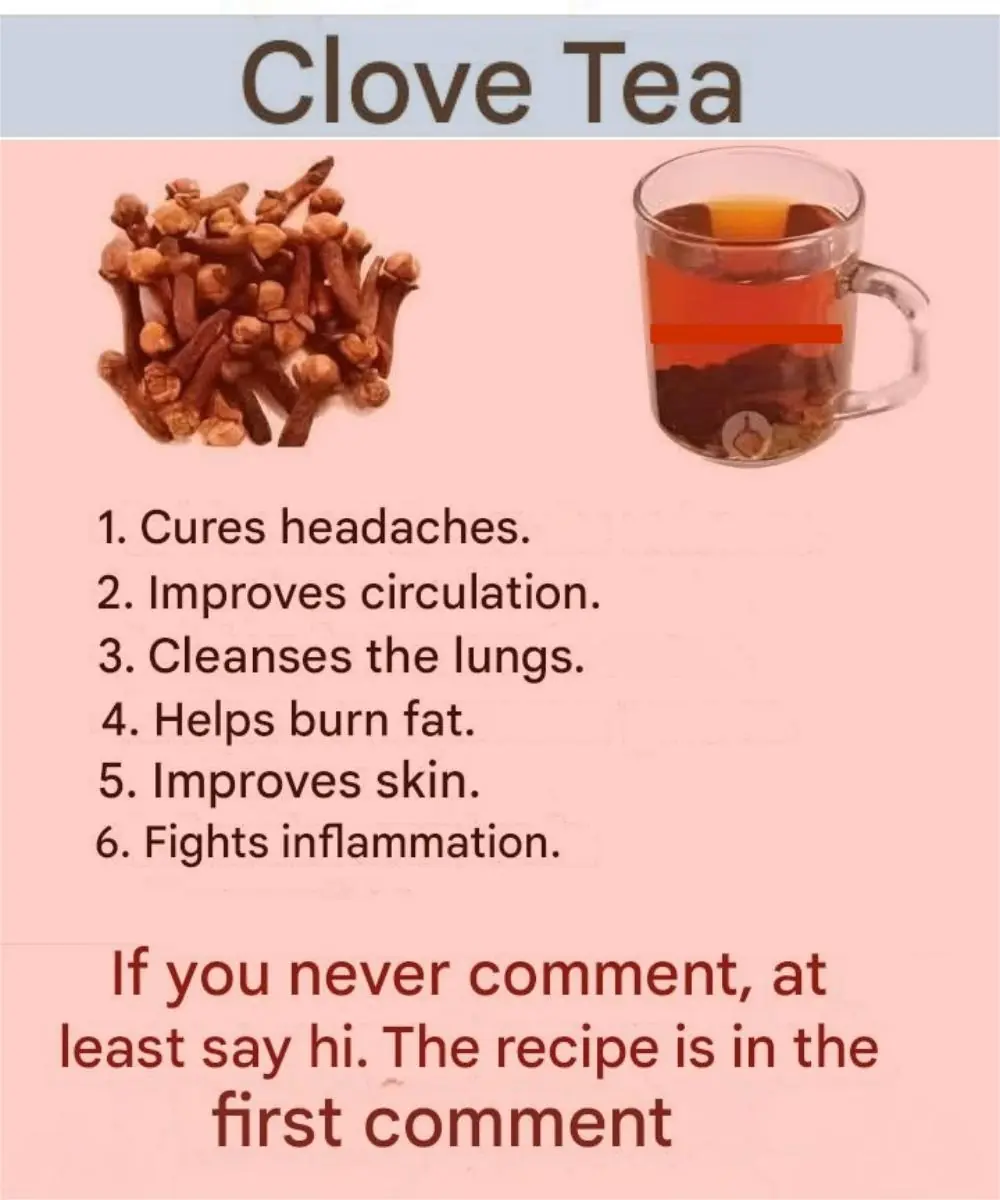
18 Powerful Ways to Use Clove Tea to Boost Health and Heal Naturally
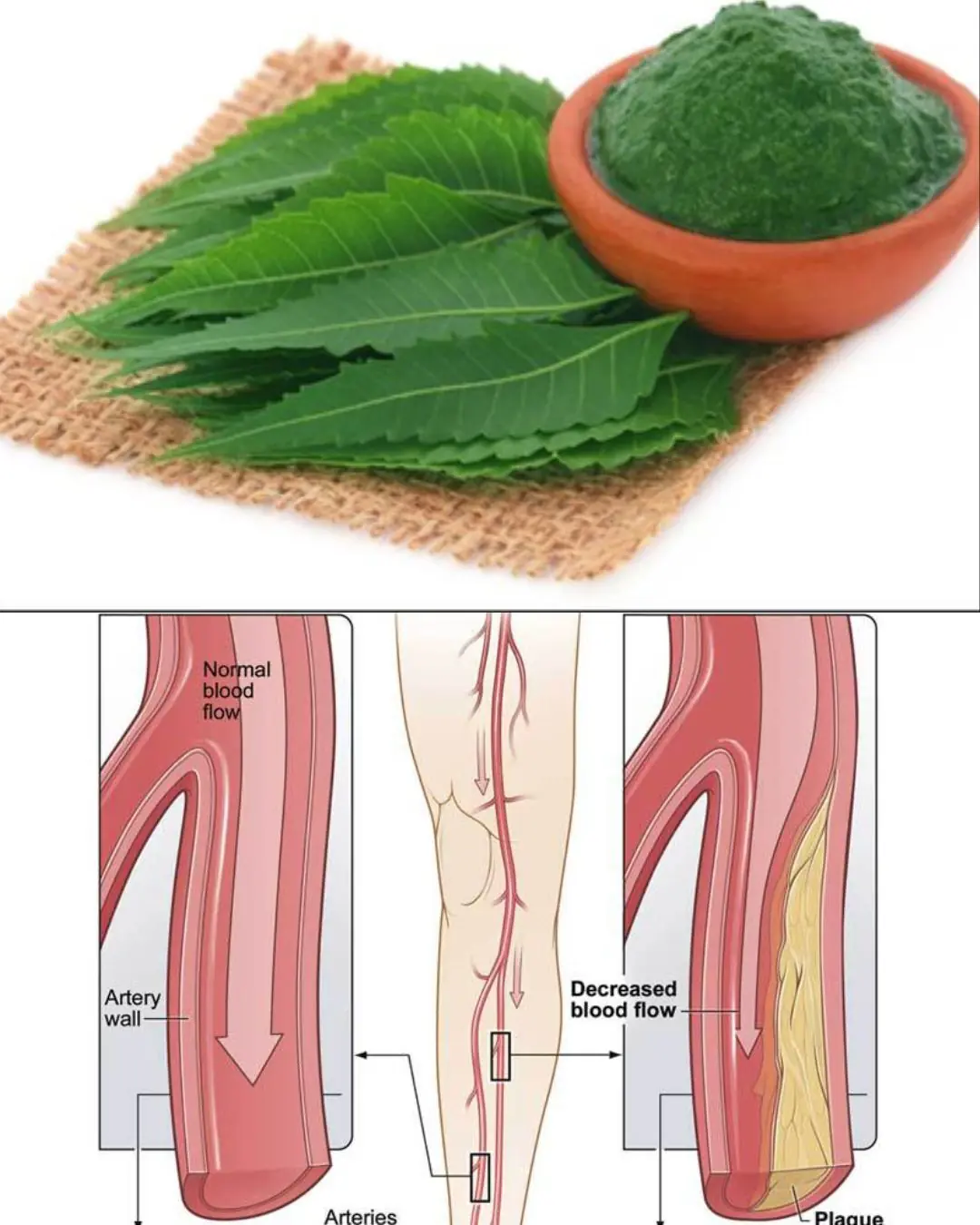
Neem: An Ancient Plant With Potential Health Benefits – What Science Says

Doctors reveal that green broccoli causes...see more
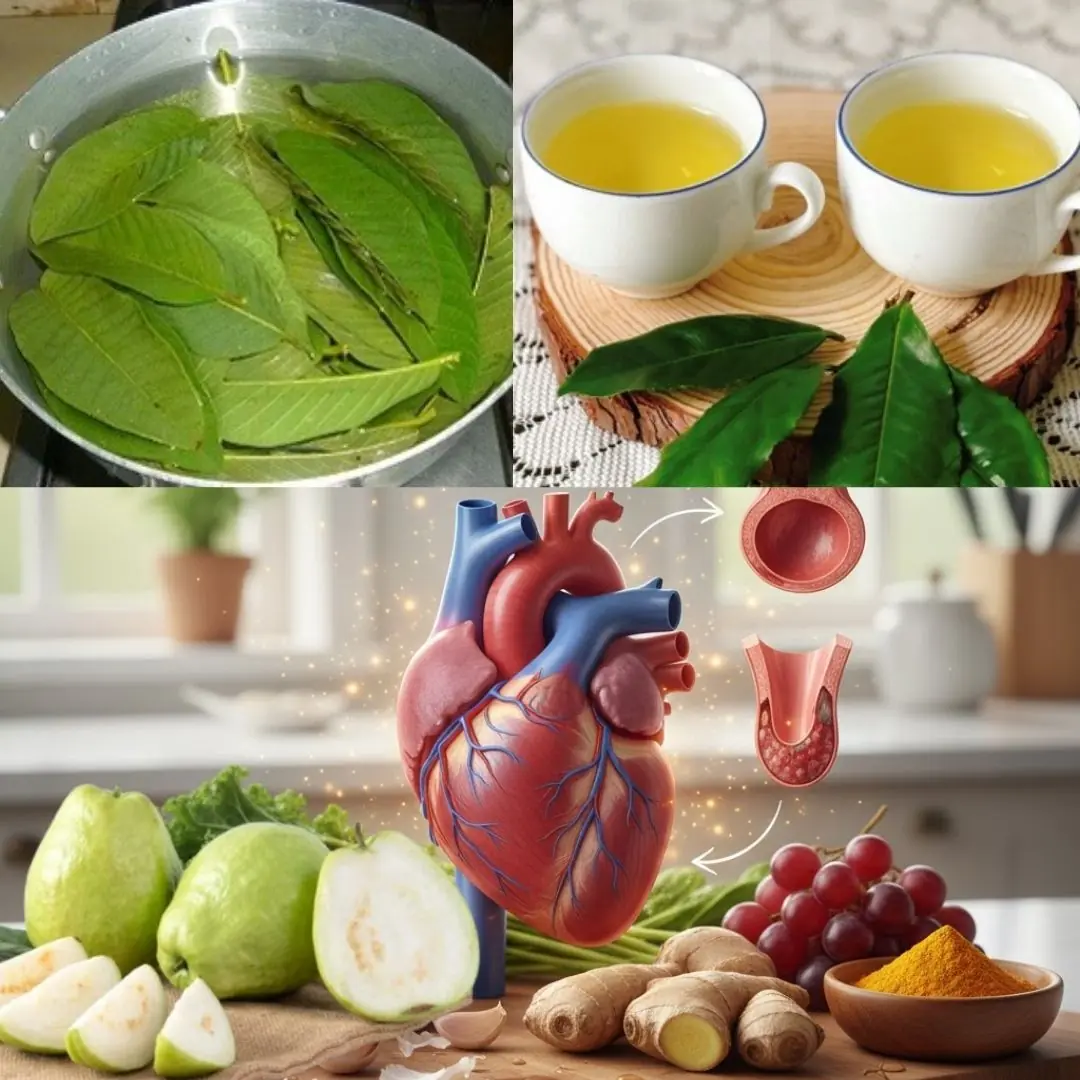
The Best Tea for Mornings and After Dinner: A Powerful Blend for Health
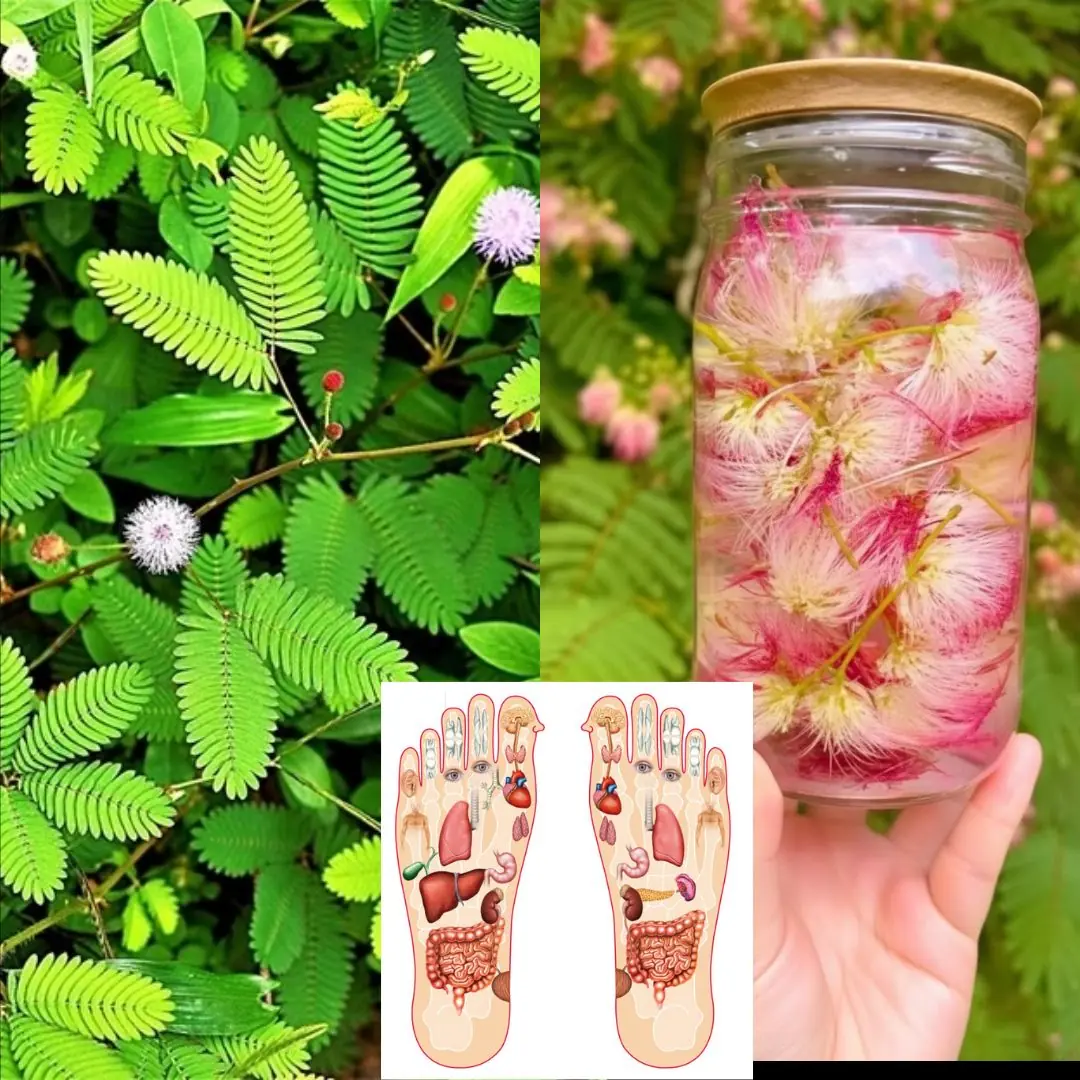
Mimosa Pudica Tea: How to Prepare and Health Benefits

Cloves and Onion: An Ancient Remedy with Modern Benefits

25 Incredible Health Benefits of Goosegrass

Honey, Lemon, Onion, Garlic & Ginger: The Daily Spoonful That Works Wonders
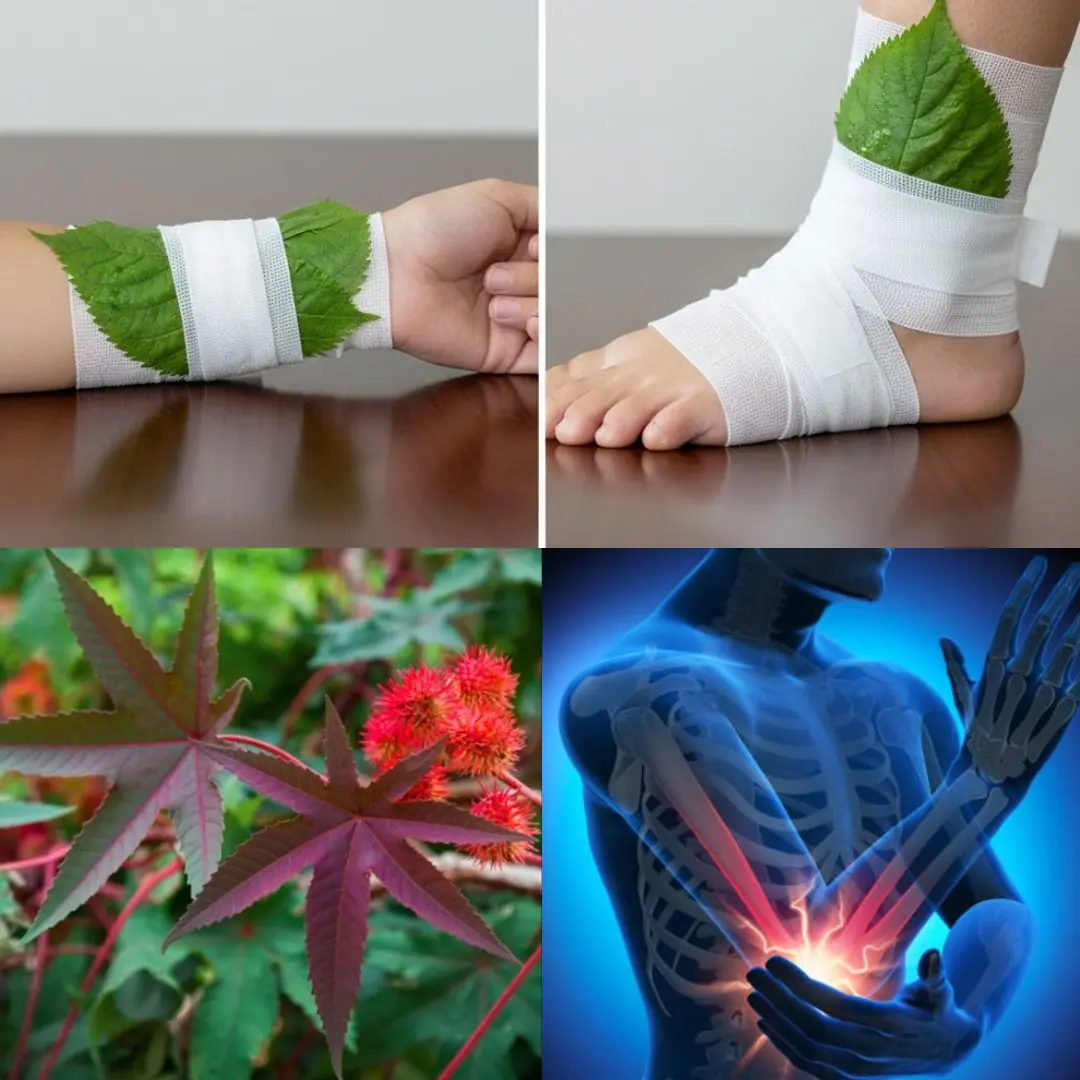
10 Powerful Benefits of Castor Leaves You Probably Didn’t Know About

One Glass Before Bed – Say Goodbye to Constipation Overnight!
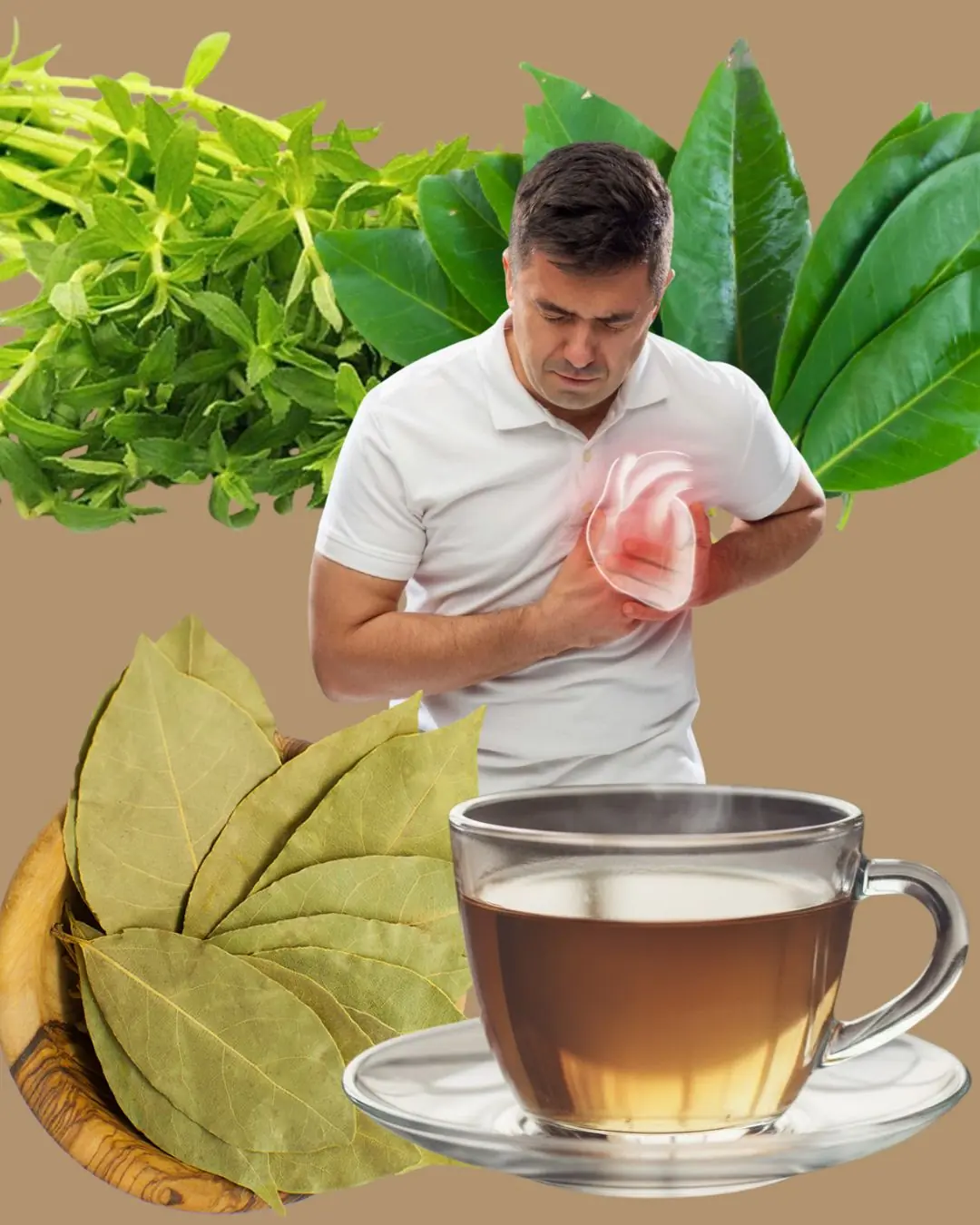
The Healing Leaves That Fight Disease Naturally: Diabetes, Poor Circulation, High Blood Pressure & Even Cancer 🌿💚
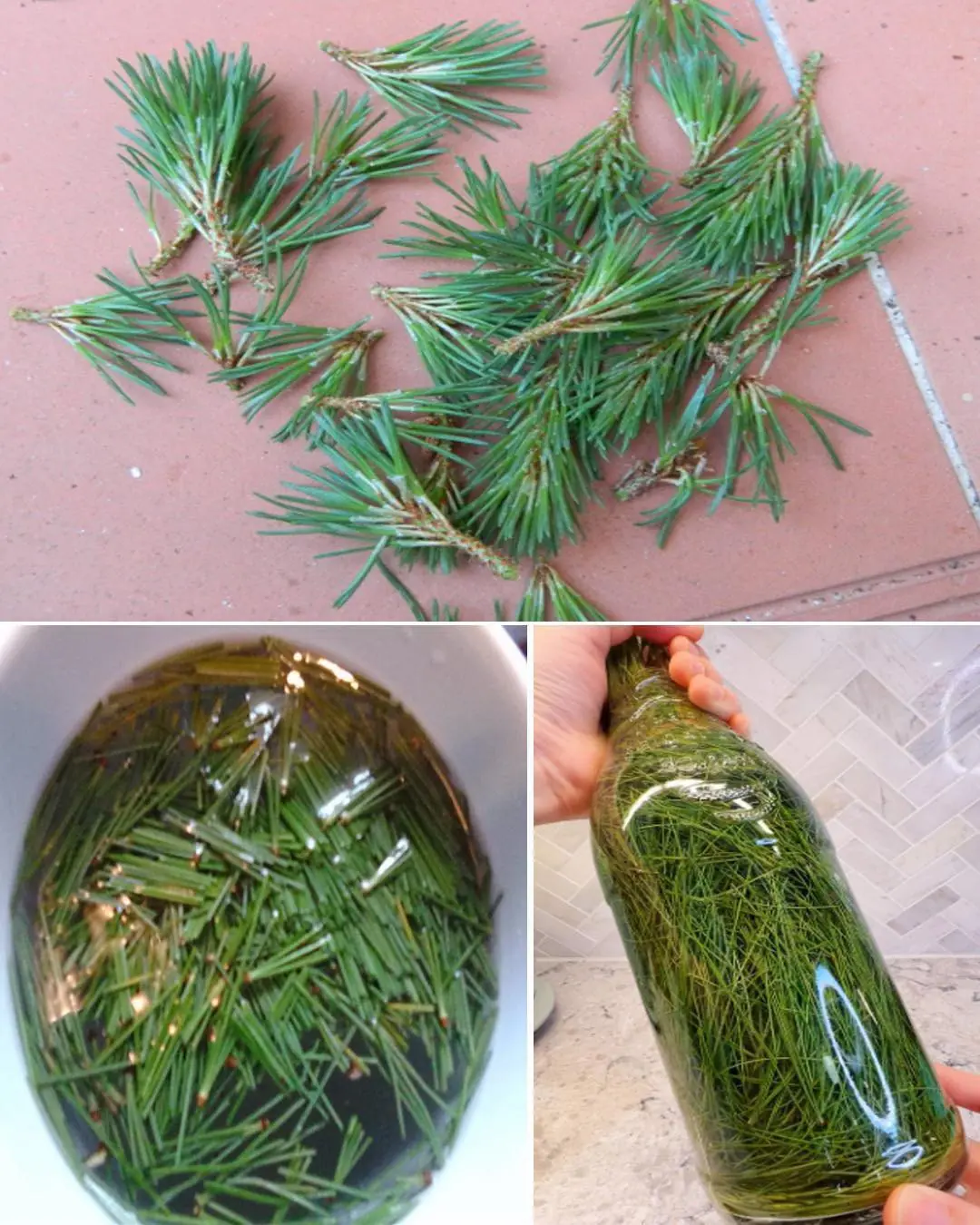
9 Health Benefits of Pine Needles

Unlock The Incredible Health Benefits of Garlic, Ginger and Lemon for Men

A special method to grow garlic in plastic bottles
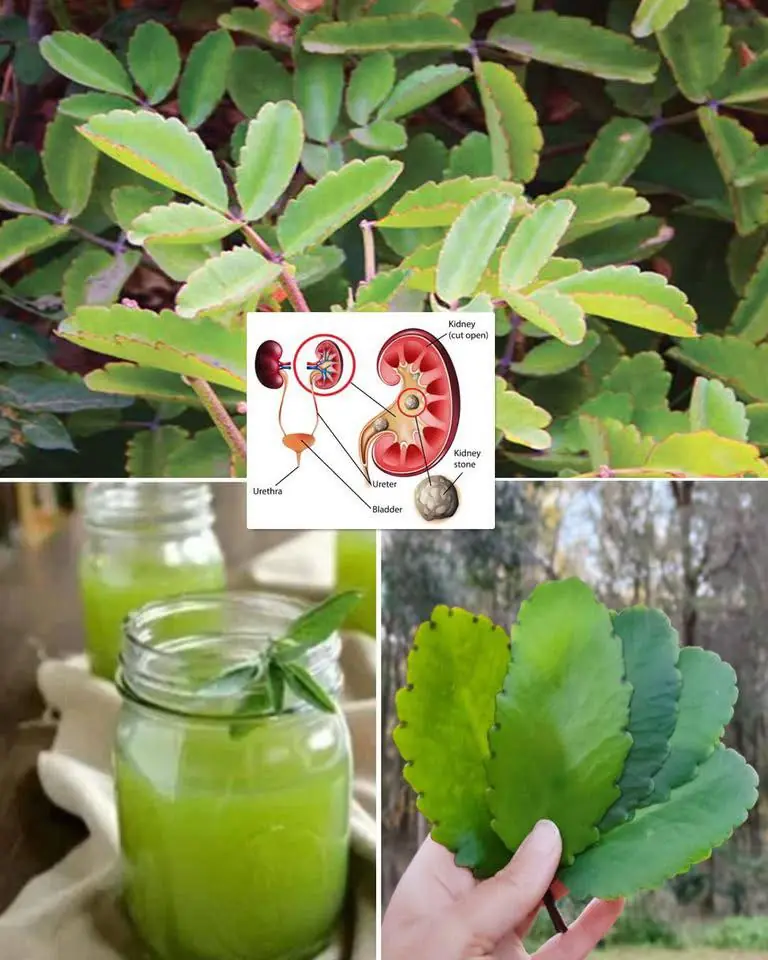
7 Benefits of the Miracle Leaf of Life
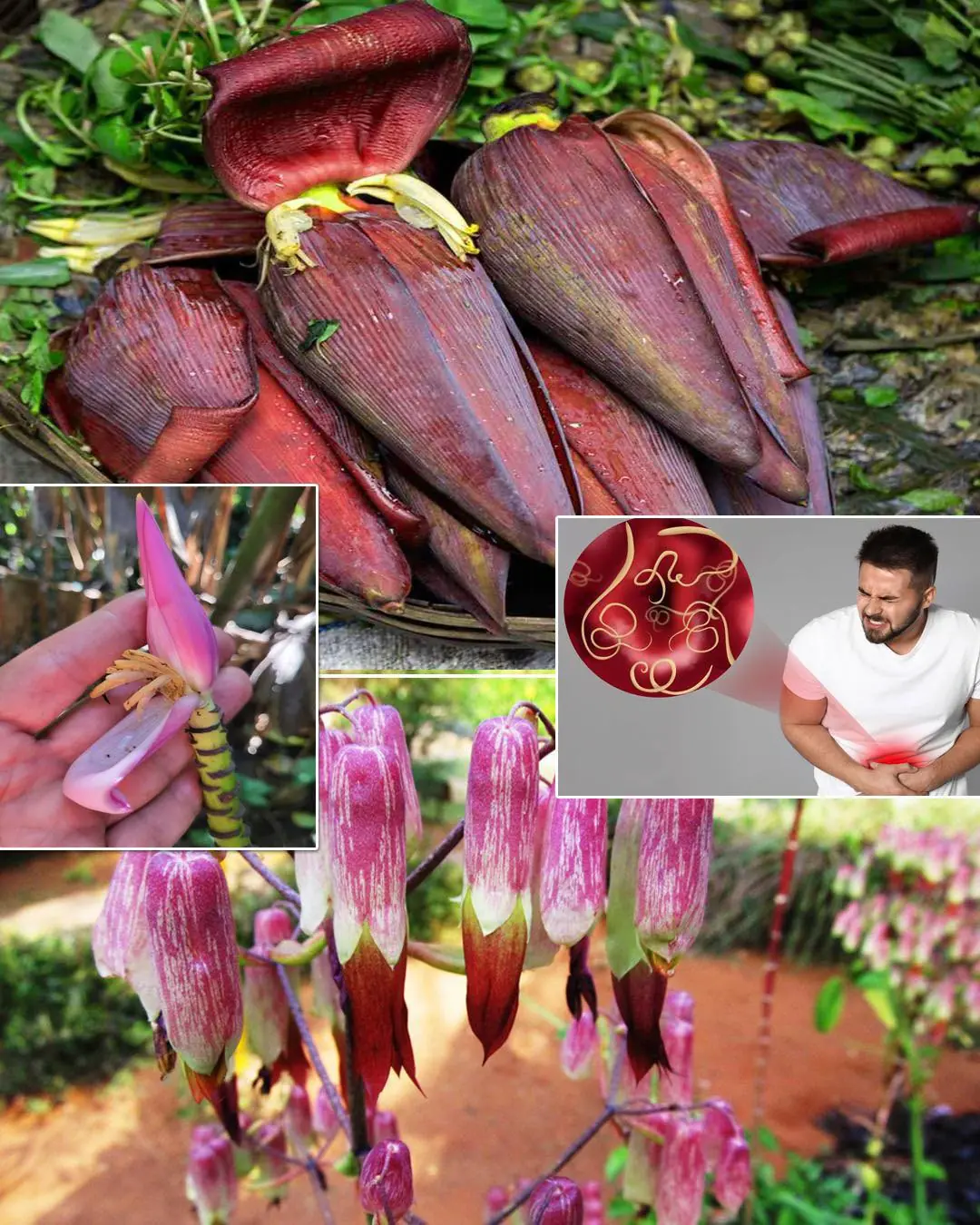
7 Amazing Health Benefits of Banana Blossoms
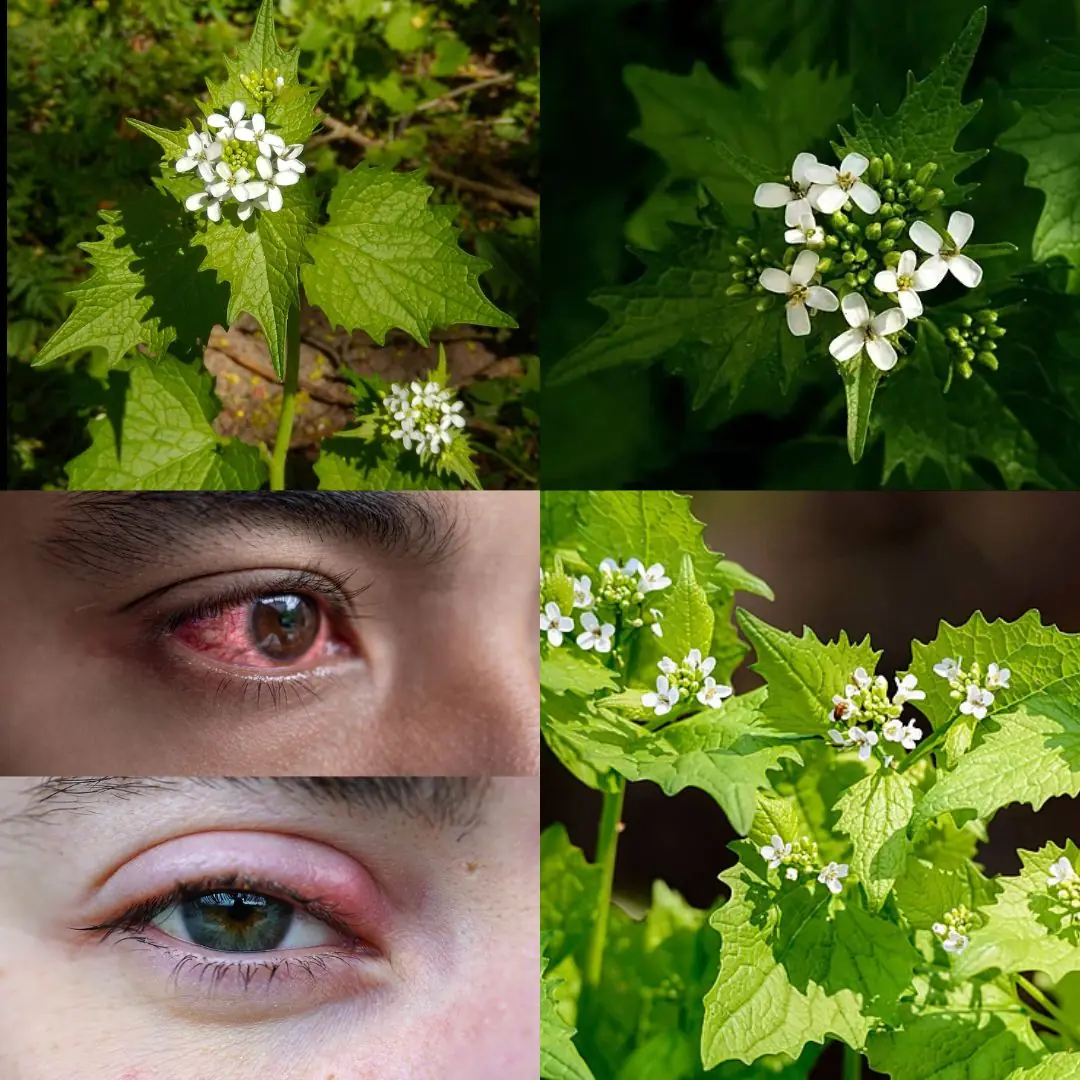
Garlic Mustard: The Overlooked Herb That Can Boost Your Health — Especially Your Eyes
News Post

S:ida Acuta: Exploring the Healing Properties of this Herbal Remedy
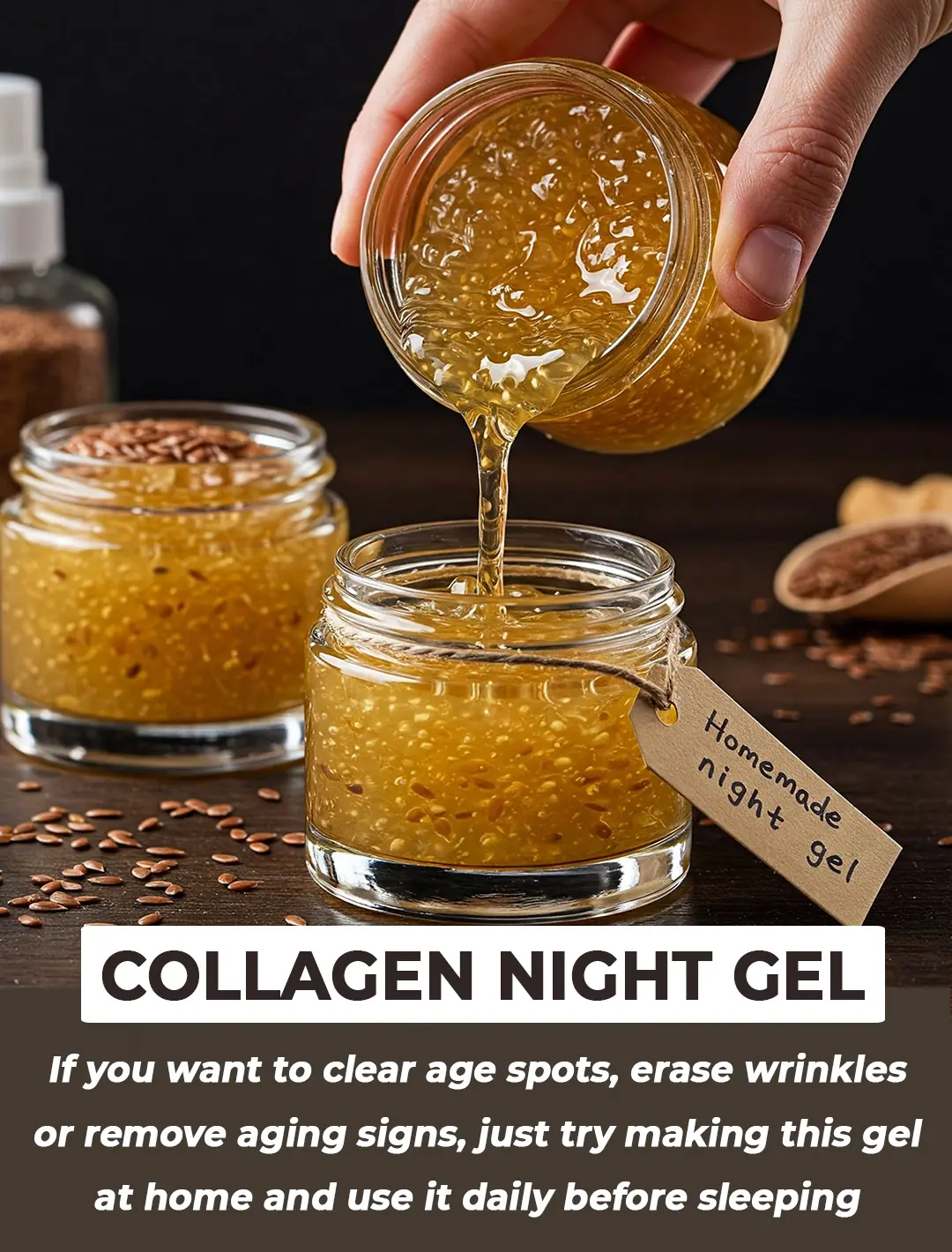
DIY Flaxseed Collagen Night Gel for Hydration and Rejuvenation
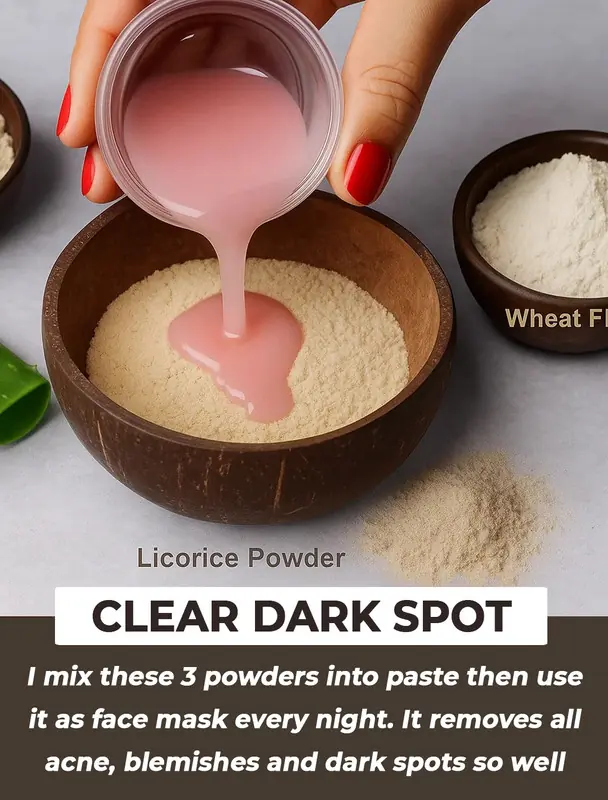
10-Day Licorice Treatment for Dark Spots: Fade Pigmentation and Achieve Glowing Skin Naturally
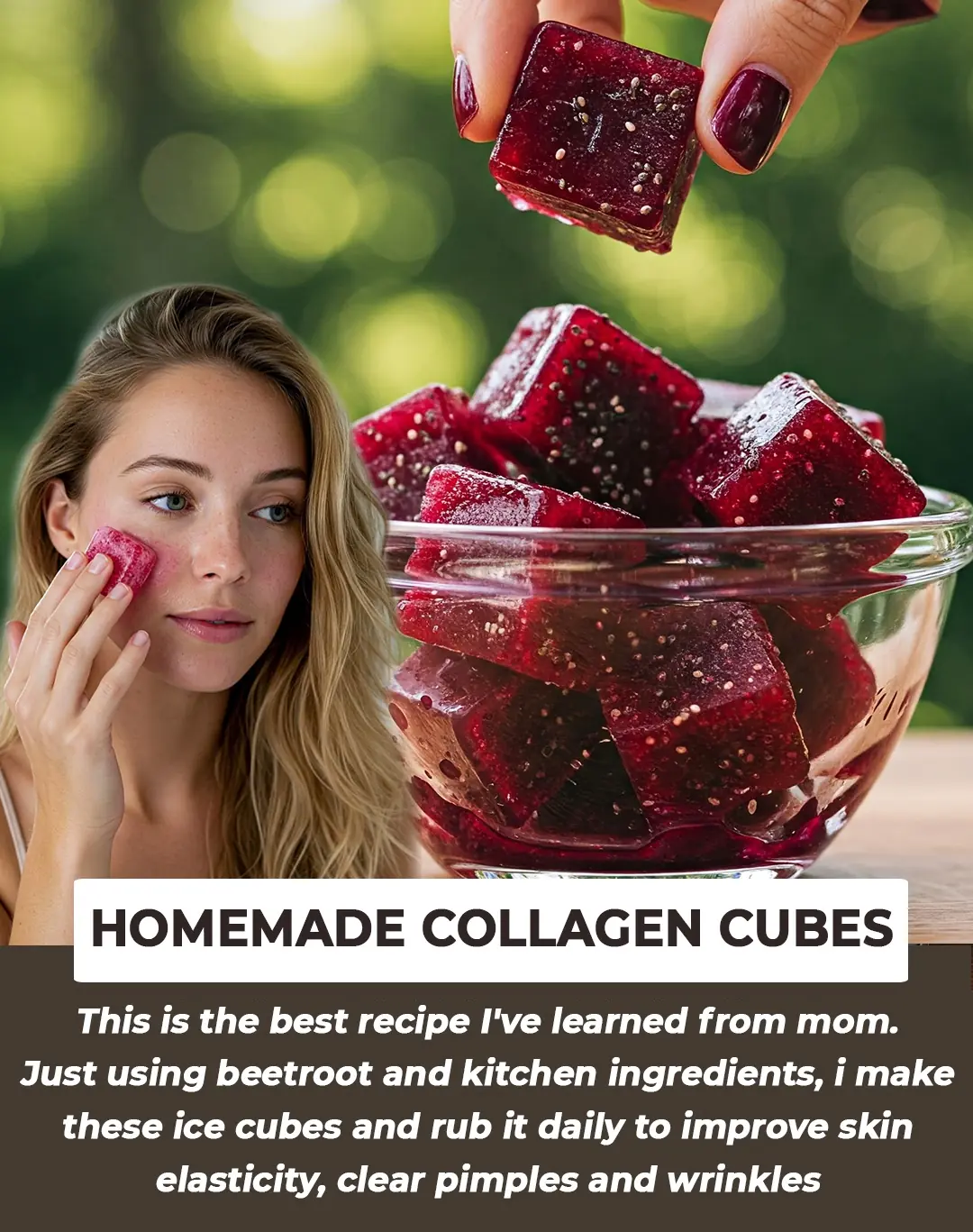
Easy Recipe to Make ABC Collagen Ice Cubes at Home: The Secret to Glowing, Firm Skin
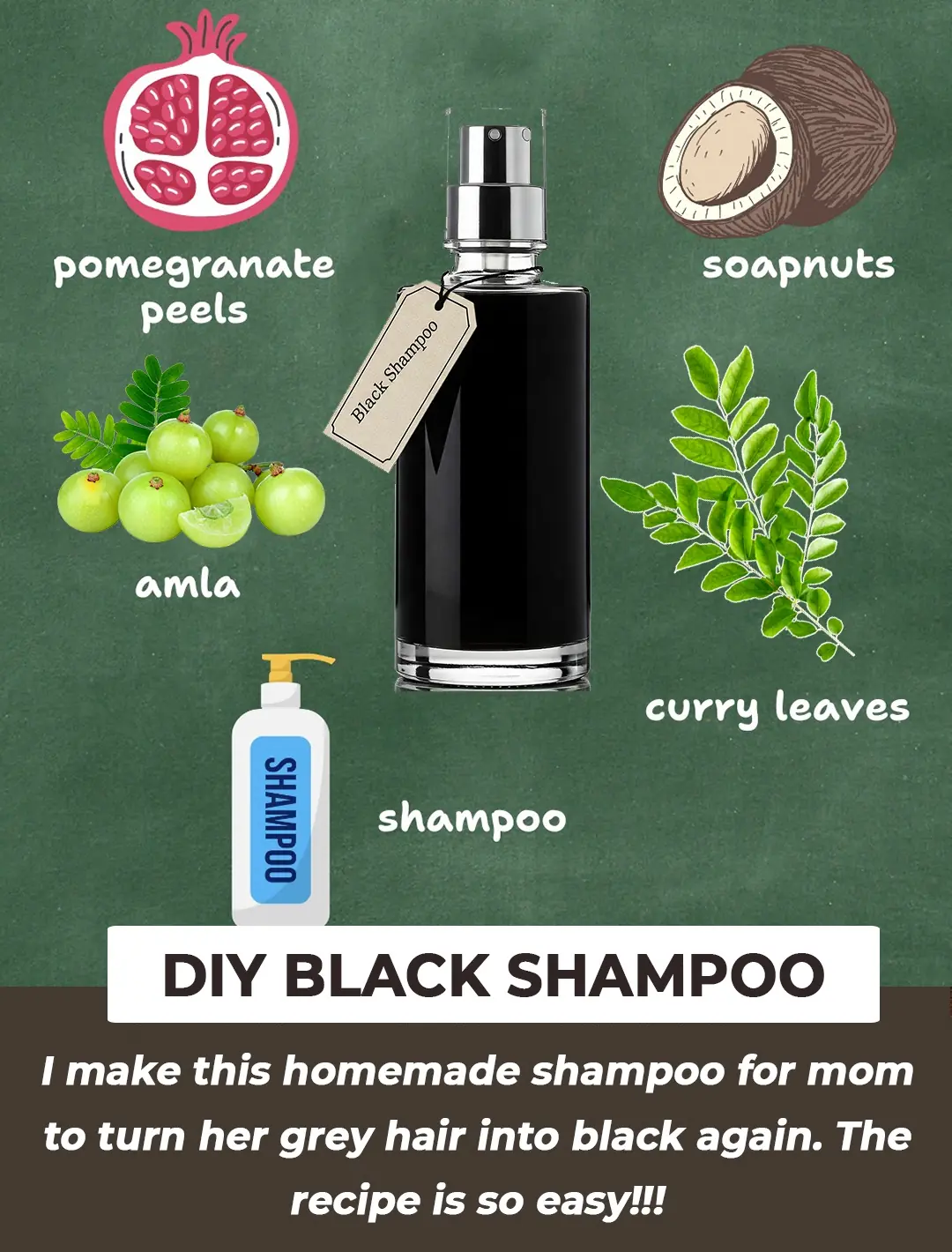
2 Mins Black Shampoo For Grey Hair

Why this doctor refuses to prescribe statins for high cholesterol

The 'divine' secret to frying

Why do we have to leave our phone face down on the table when we are not using it?

Hanging a towel on the door handle before bed: Unexpected benefits but few people know

Tips for conditioning your hair with over-cooked bamboo shoots

Treat premature gray hair thanks to the black dye formula

What Are These Strange Black Dots In Your Kitchen

Magic Eraser can be used for almost anything, but here's what you didn't know

Wrong understanding turns water purifiers into diseases, remove them immediately to avoid harming the whole family

Vegetables for people with diabetes need to know

The #1 food for toxic kidneys

The house is full of dust even though it is cleaned regularly

Top 3 Vitamins for Hip Arthritis – Say Goodbye to Hip Pain
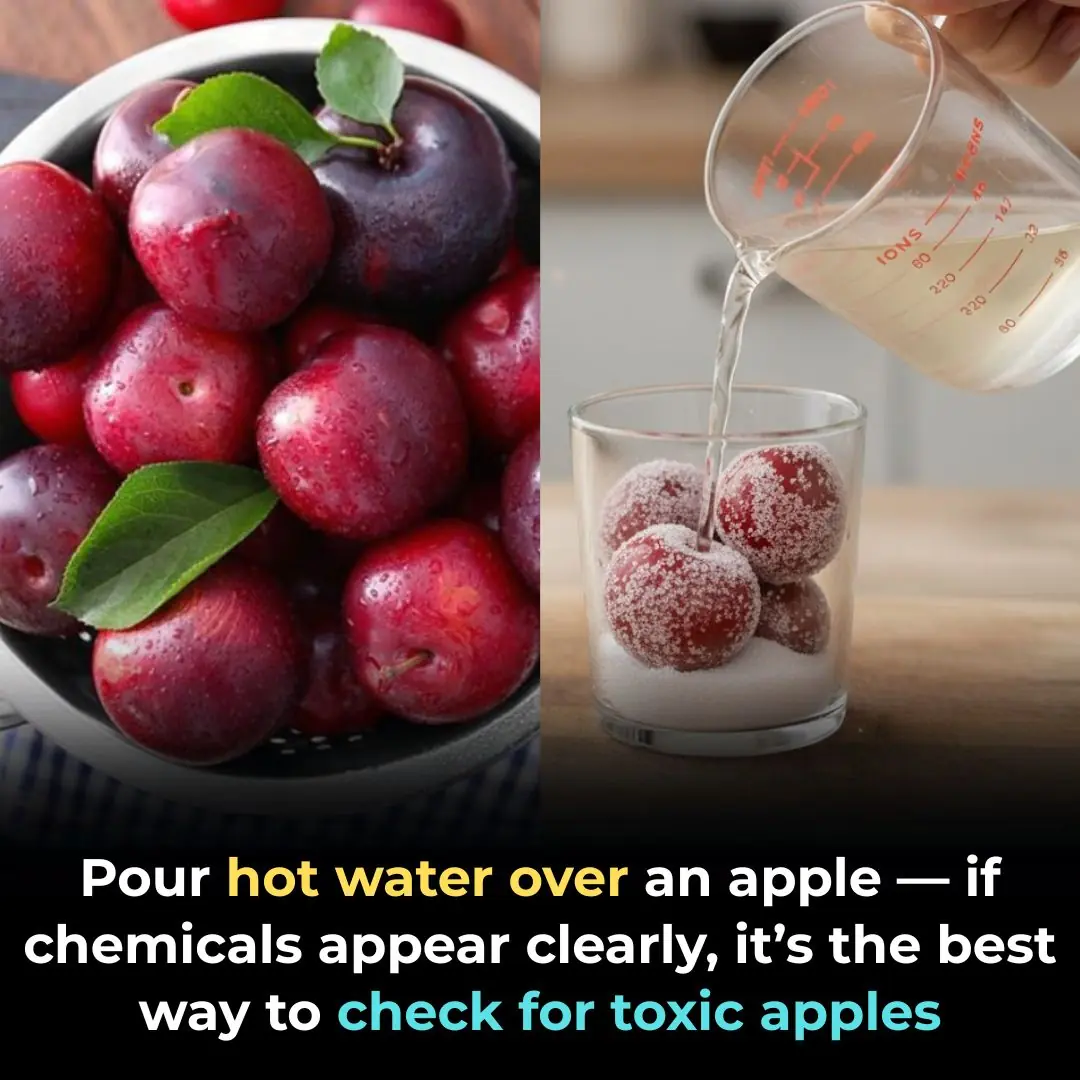
Pour hot water over the apple
